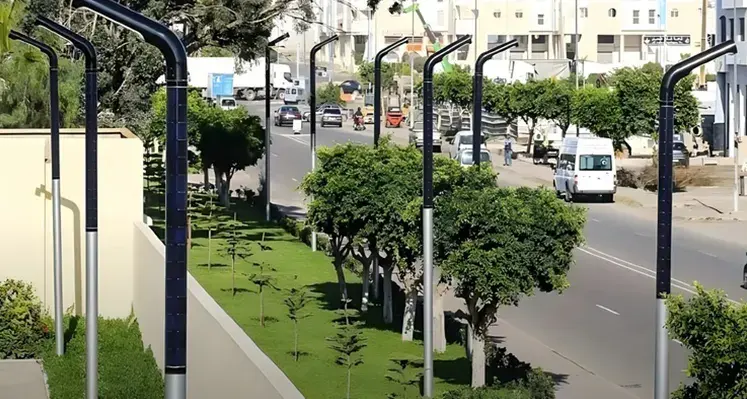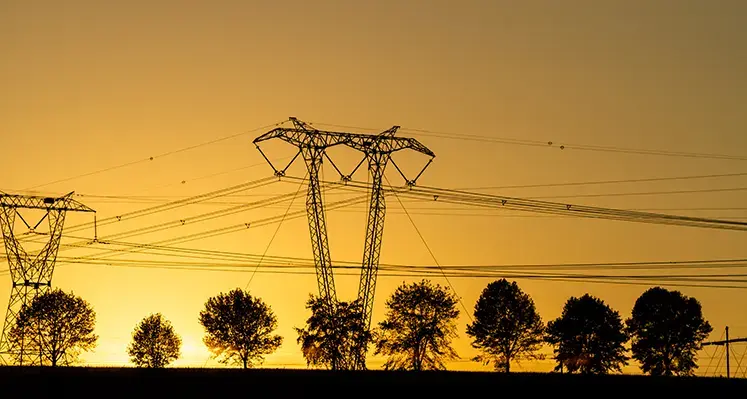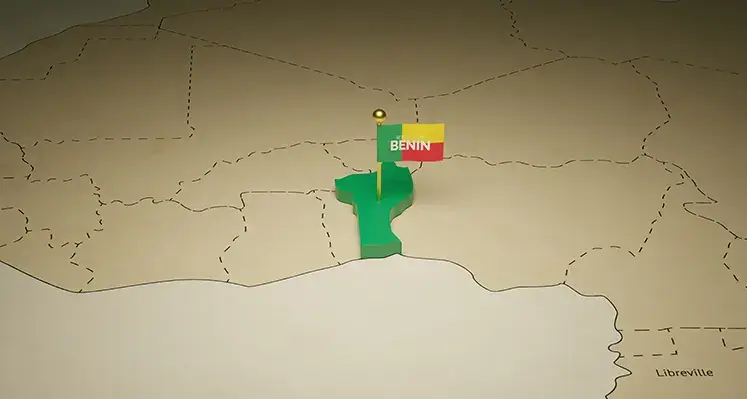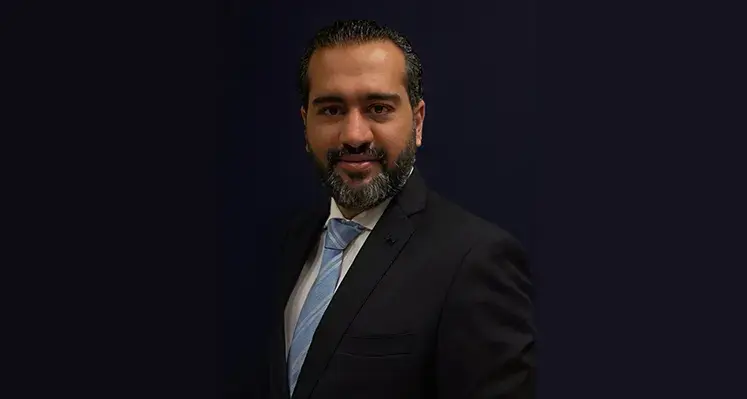Nigeria’s long-stalled Lagos–Calabar Coastal Highway could gain new momentum through an unconventional financing model that turns roadside infrastructure into a major source of income
A proposal led by British greentech company Conflow Power Group, in partnership with Nigerian infrastructure firm Mora Energy, is being discussed with the Nigerian Government to address the project’s persistent funding challenges. The plan centres on the deployment of thousands of iLamps, solar-powered smart streetlights that also function as nodes in a distributed, AI-driven data centre network.
The iLamps operate entirely off-grid, requiring no external electricity supply. Each unit is equipped with Nvidia AI processors, allowing it to provide computing power that can be rented by global AI companies, including OpenAI, creating a continuous revenue stream alongside its public infrastructure role.
Through a collaboration with UK-based AI Factories Limited, every iLamp would serve as part of a decentralised AI computing network. Each unit is expected to generate up to US$4,500 per year in fees paid by AI service providers
If rolled out along the full 700km highway, the proposed installation of around 28,000 iLamps could generate approximately US$1.26bn annually, potentially covering a significant portion of the highway’s construction and long-term financing needs.
Stanley Chuka-Umeora, founder of Mora Energy, said, “Our government contacts immediately understood the significance of what Conflow was proposing. For 50 years, Nigeria has struggled with this project because we were applying 20th-century solutions to 21st-century problems. iLamp represents genuinely innovative thinking. It is not just infrastructure, it is revenue-generating technology that brings AI capabilities to Nigeria for the first time.
“Government officials were particularly impressed that iLamp solves multiple problems simultaneously. It's not just about financing, it's about security, communications infrastructure, and bringing cutting-edge technology to Nigerian communities.”
Zainu Goba, CEO of iLamp Africa, highlighted the commercial appeal of the model.
“The financial mathematics are compelling. iLamp doesn't just provide lighting and security, it creates a new revenue stream that could contribute more than a billion dollars towards project costs annually. Combined with zero operational costs through solar power, this improves the project's attractiveness to private investors and has the potential to positively transform the lives of millions of Nigerians,” he said.
Under the proposal, revenue generation would begin as soon as completed sections of the highway become operational, reducing dependence on toll revenues and public funding. Beyond lighting, the smart streetlights would deliver a range of services, including surveillance, vehicle recognition, emergency response systems, public connectivity and environmental monitoring, all powered entirely by solar energy.
The initiative would also create one of Africa’s largest distributed AI computing networks, allowing data processing to take place locally rather than abroad. This could support Nigeria’s expanding technology ecosystem and strengthen its position as a regional hub for AI infrastructure.
Discussions between iLamp Africa, Mora Energy, the Nigerian Government and other project stakeholders are ongoing, with the aim of formally integrating the technology into the Lagos–Calabar Coastal Highway.
Originally conceived in the 1970s, the 700km highway is intended to link nine coastal states and stimulate trade, tourism and economic development across southern Nigeria. Despite its strategic importance, the project has faced repeated delays due to funding gaps, political transitions and economic pressures.
Although construction resumed in 2024, only about US$747mn has been secured so far, representing less than 6% of the estimated US$11–12.5 billion total cost. The remaining shortfall of more than US$10bn continues to raise concerns that progress could once again be stalled without innovative financing solutions.


















